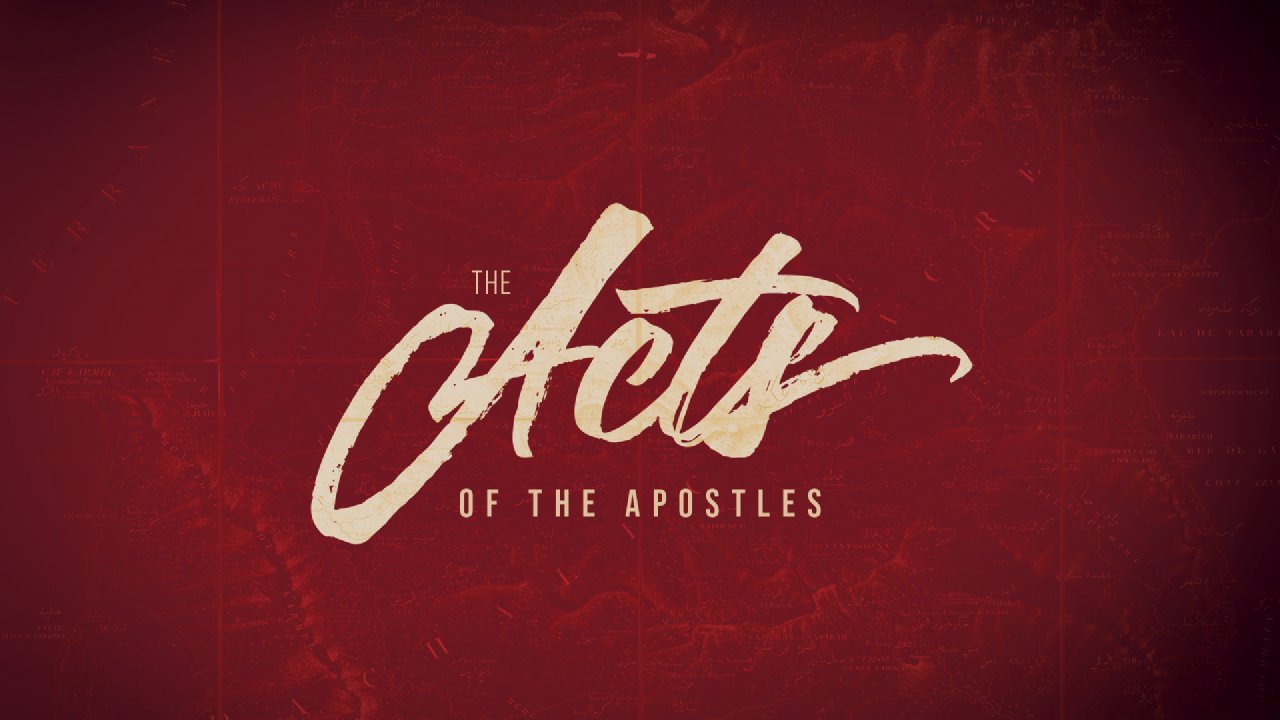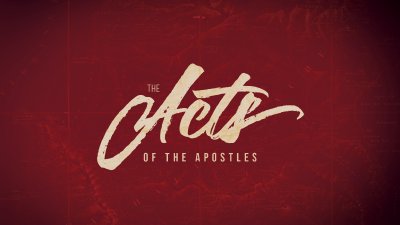Acts 4:32-5:11 | Andrew Murch | The story of the Apostles and the early Church continues... We are reminded this week that we, as Christians, must always value and pursue truth and be known as people of truth. We also cannot ever elevate anything (or any person) above the holiness of God—no possession, no status, no position, nothing. God is a loving, caring, merciful, gracious, and jealous God!

Wake-Up Call
Acts 4:32-5:11
October 23, 2022 • Andrew Murch • Acts 4:32–37, Acts 5:1–11
Powder Keg
November 20, 2022 • Andrew Murch • Acts 8:1–4
Acts 8:1-4 | Andrew Murch | This section of Acts comes to a close with a person who is going to play an important role throughout the rest of the book. In the shadow of Stephen's execution, we are introduced to Saul, who "approved of [Stephen's] execution" (Acts 8:1 ESV). By the hand of Saul, the Church enters a brutal season of persecution. However, God has not finished his work of establishing his Church.
The Witness Stand
November 13, 2022 • Andrew Murch • Acts 6:8–15, Acts 7
Acts 6:8-7:60 | Andrew Murch | In this moment, the Christian movement receives its first martyr in history, and it launches an all-out “witch hunt” for anyone who would believe the same way as Stephen. We are introduced to Saul who is the primary mover in this persecution, and the church is launched into a new era of being hunted. This pivotal moment in the story of Acts continues two of the themes already established. The first is that the only proper response to the preaching of Christ is belief and repentance, which the religious leaders refused. The second is that as the church is persecuted it will only grow all the more. These two things are still true for the global church today as the message is shared in numerous languages and cultures.
The Small Stuff
November 6, 2022 • Gavin Hesse • Acts 6:1–7
Acts 6:1-7 | Gavin Hesse | As the gospel spread throughout the Jewish world, many Hellenists responded to the good news. The Hellenists were Jews who spoke Greek (instead of Hebrew), so the obvious language barrier in the church was likely the cause of this oversight. But as we see in this week’s text, a need in the church is an opportunity for the church to respond. While the word “deacon” is never used in this text as a noun, in verse 2, we see the verb “to deacon” (or “to serve”). This passage in the foundation for the office of deacon in the church, a group of leading servants who help carry out the practical needs of the church. These needs range from children’s ministry to media oversight, from caring for the facility to making sure widows have the food and help that they need.




